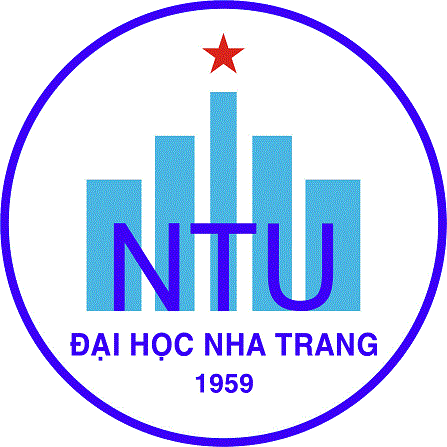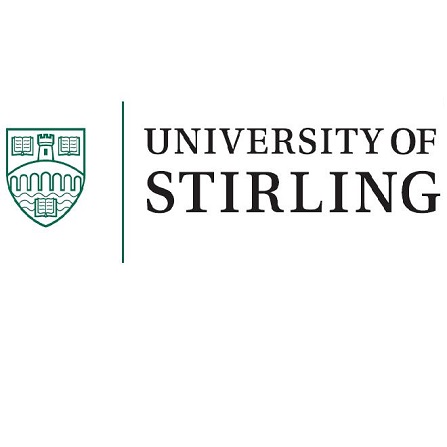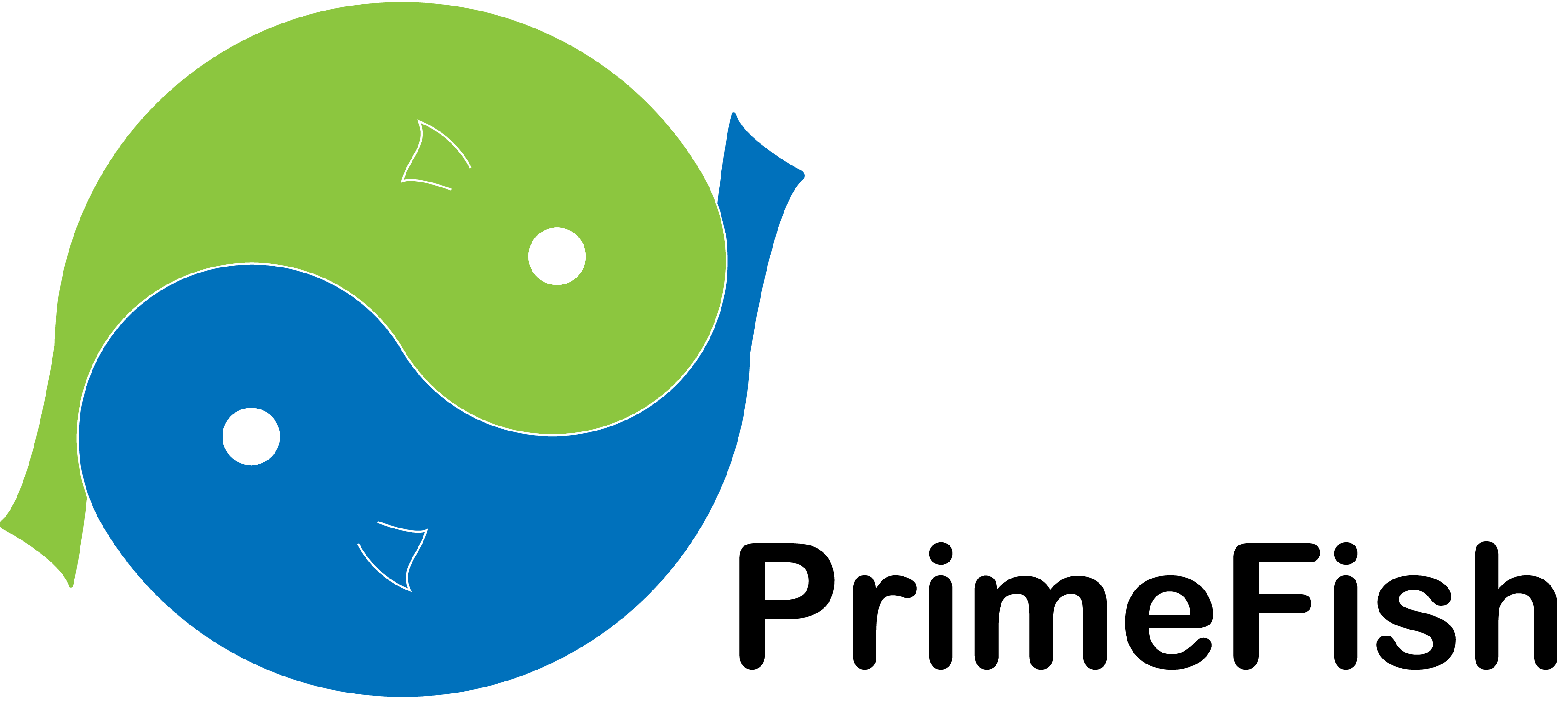Warning message
The subscription service is currently unavailable. Please try again later.
- WP2, WP3, WP4, WP5, WP6, WP7
The Fisheries and Marine Institute of Memorial University of Newfoundland is dedicated to education, training, applied research and industrial support of fisheries and maritime sectors. The Institute currently has three schools: the School of Fisheries, the School of Maritime Studies and the School of Ocean Technology. Within these Schools are specialized Centres which provide training and research and development support to industrial clients.

- WP2, WP3, WP4, WP5, WP6, WP7
Nha Trang University (NTU), a former name as Nha Trang Fisheries University, is an oldest and specialized institute in Vietnam has research and education in fisheries and aquaculture. With more than half a century of history, NTU has become a prestigious multi-disciplinary and multi-level institution with a strong foundation of fisheries and aquaculture.

- WP2, WP3, WP4, WP5, WP6, WP7, WP8
The Institute of Aquaculture at the University of Stirling is internationally recognized as one of the leading global centres of excellence in the field of aquaculture and fisheries science with over 75 staff, 80 PhD students and 45 MSc students. Core research areas are in sustainable aquaculture development and practice; aquatic animal health and welfare; nutrition, genetics and reproduction. There are also closely linked groups on aquatic food security and marine biotechnology.
